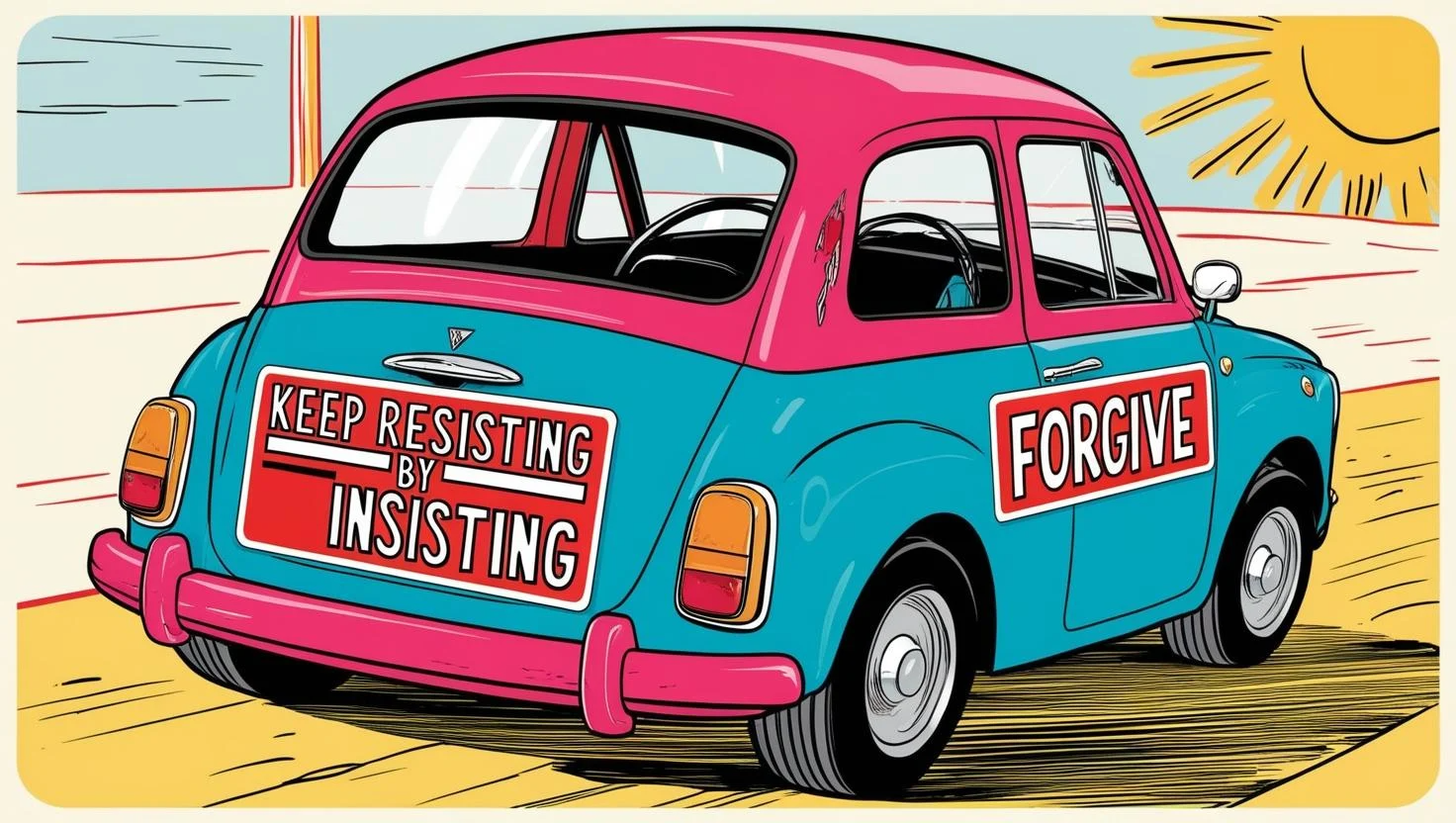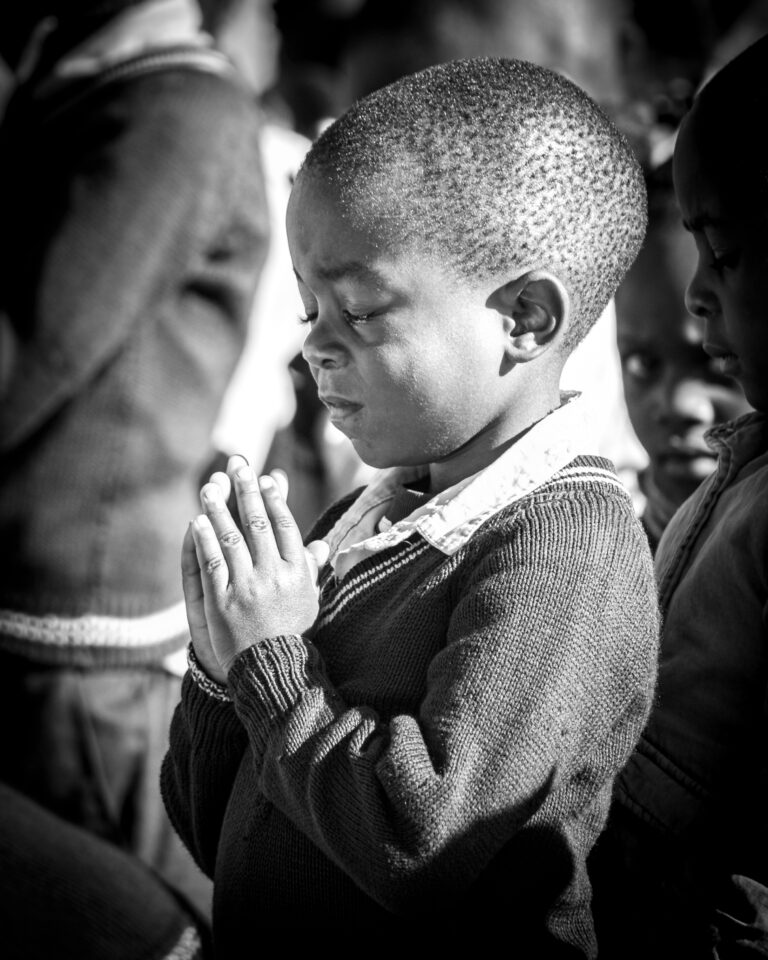Let’s talk about forgiveness—or, in this case, lack of forgiveness and how it weighs us down. I’m writing a memoir and have wrestled with this topic over recent years as part of that project, because who wants to read three hundred pages of unresolved issues? Let me share with you what I’ve learned—and am learning. First of all, nobody says, “I sure do look backward to what God’s gonna do in my life,” but that’s what I was doing, holding grudges and refusing to forgive, as if God was going to change the past. But then I realized, He’s not Superman; He’s God. He doesn’t change the past, He redeems it, and it starts with letting go. Please grab a cup of coffee, and let’s unpack this together. Then I would love to hear about your struggles and victories on the matter.
Surely every one of us needs to forgive or to be forgiven for something, so why is such a ubiquitous subject still so hard to define and even harder to do? Maybe it’s because we have an enemy who delights in convoluting God’s plan for His people, including total forgiveness, which is essentially the message of the gospel. When Jesus died on the cross and was buried, the power of sin was crucified and died along with Him, and when He was resurrected, He made it possible for us to be forgiven—but, according to Matthew 6, only if we forgive. So this is important stuff, and Christians really need to understand it. I’ve recently found some clarity by first defining what forgiveness is not, and I want to share it with you.
First of all, forgiveness is not forgetting, and it’s also not pretending the offense never happened. When the Bible says that God “forgets” our sins, it doesn’t mean that He has amnesia but that He’s chosen to treat us as if we had never sinned. We can’t forget like God can, but we can certainly choose to allow Him, as well as natural consequences and, in some cases, the law, to hold someone accountable on our behalf. That doesn’t mean we should sweep it under the rug, though. In my experience, that just makes things worse because the mound of dirt keeps growing until somebody trips over it. It’s not godly to air someone’s dirty laundry, but what they’ve done may become part of your story, and you’re entitled to tell it. When you can do that without using names or public shaming, it’s probably safe to talk about—or even, as in my case, to write about.
Also, forgiveness is not necessarily reconciliation. In fact, in some cases, it’s not possible or even a good idea. Romans 12:18 says, “As far as it depends on you, live at peace with everyone.” But it doesn’t say we have to live with everyone. Both parties have to be willing to reconcile, but even if they are and it would put you or someone you love at risk—a child, for instance—maybe it’s best you part ways, and you can do that peacefully.
This next one has been the hardest one for me. Forgiveness is not about the person who hurt you. It really has nothing at all to do with them. They may not even know they did anything wrong, and if you told them, they might deny it and just make things worse. Forgiveness is about you and God. It’s about your relationship with Jesus. The stronger that is, the easier it will be to forgive other people, maybe because a stronger relationship with Jesus means a better understanding of how much He has forgiven us.
The last thing I’ll say forgiveness is not encompasses all of the above. Forgiveness is not a feeling. Just because you feel sad or angry when you remember what someone has done to you doesn’t mean you haven’t forgiven them. It just means you’re human. We have an enemy who loves to insist that our feelings should dictate our lives and define who we are. In this case, he suggests that if we feel like we haven’t forgiven, then we haven’t. But that makes about as much sense as saying that I feel like I’m not saved, so I must not be, as if my emotions have the power to control God’s plan for the salvation of mankind.
So, if forgiveness is none of these things, then what is it? I believe forgiveness is a choice. Not an easy one, but a very simple one, sort of like jumping off a cliff into the ocean—super hard to decide, but once it’s done, it’s done. You only have to do it once; you don’t have to keep forgiving the same offense. That lie is keeping too many people in spiritual bondage. When Jesus said to forgive seventy times seven, He wasn’t talking about the same event. He was telling us to be willing to keep forgiving—to keep jumping off that cliff—even if the hurts keep rolling in like waves on the shore. Each act of forgiveness is a fresh leap and gets easier and less daunting with practice.
Do yourself a favor and just try it. Make the decision to forgive someone and hand it over to God in prayer. It can be as simple as, “Dear God, I choose to forgive _____ for _____.” Then, trust Him. He’s the one who told us to do it, and we don’t need to understand it fully for our decision to be effective. Nobody understands the mystery of two people becoming one in marriage or a person being born anew through baptism, but we accept those as truths because God said they are, and then we expect the fruits of those decisions to take some time to mature. Trust Him with forgiveness, too. He can make it happen. Please don’t hear me saying this is easy. It’s one of the hardest things I’ve ever done, but it’s also one of the best because it’s liberating spiritually, emotionally, and mentally.
Once you’ve forgiven in this way, when Satan lies to you and says you haven’t forgiven because you feel sad or angry, remember it was a decision on your part, plain and simple. Tell him to leave in Jesus’ name, and don’t buy the lie anymore. Keep resisting the devil by insisting that you have forgiven, then let the God of the universe do the work of dimming your memory and filling you with peace. Stop looking backward and instead look forward to the beauty that’s coming when you learn to truly forgive and move forward into God’s grace. Take a moment today to pray, hand your hurt to Jesus, and trust Him to guide you forward. He’ll be there waiting for you.








Oh my goodness! I so needed to hear this. Tremendous help. Great article Samantha!
Thank you, Darla! I’m so happy to hear this. I always pray that what I write will resonate with at least one person. I don’t always know if that’s the case, so I appreciate your feedback on this one.